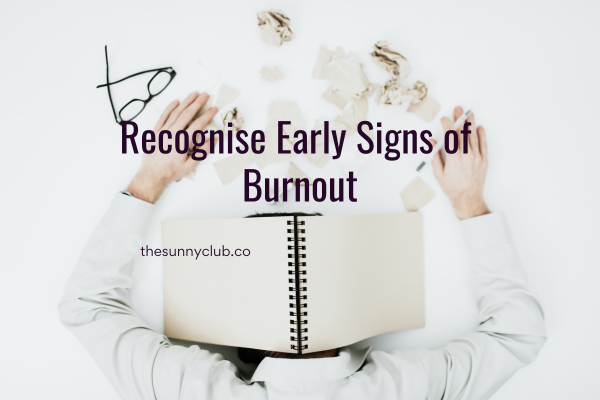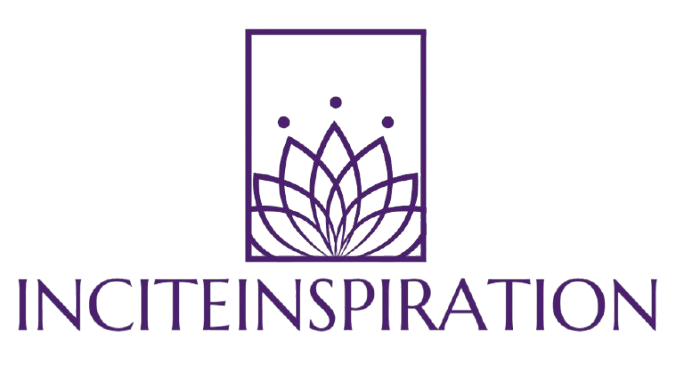It’s 5:30 PM. Your to-do list is shrinking, but you’re running late to meet friends. There’s just one more task you have to finish before you call it a day. You’ve been on a roll, and the thought of leaving work unfinished makes you feel… well, a little unproductive. So, you push through, hoping that one final task will be the key to closing the day on a high. Fast forward an hour, and you’re completely wiped out—burned out, even. Sound familiar?
That end-of-week crash is a real phenomenon, and for many of us, it’s the result of little energy “overdrafts” that accumulate day by day. We push ourselves a little too hard, ignore the signals our body is sending, and by Friday, we’re running on fumes. The trick is learning how to manage those small overdrafts before they add up into full-blown burnout.
The Overwork Illusion
Let’s be honest: many of us have fallen victim to the illusion of productivity. We often think that finishing “just one more task” will make us feel more accomplished, when in reality, it’s just setting us up for exhaustion. The pressure to do more and be more is ingrained in our work culture, and it’s easy to fall into the trap of constant overexertion.
In my own experience, I’ve noticed that pushing my limits—especially early in the week—leads to mini burnouts by midweek, which inevitably catch up with me by Friday. The energy drain doesn’t happen all at once; it’s a slow buildup. Monday to Thursday, I push through, and by the time I reach Friday, my brain is ready to shut down.
Here’s the truth: productivity doesn’t mean working until you collapse. It’s about consistency and sustainability. Over time, constantly pushing your limits will not only drain your energy but also lead to anxiety, chronic stress, and, ultimately, burnout. According to the Harvard Business Review, the annual cost of workplace burnout in healthcare expenses is estimated at a staggering $125 billion to $190 billion. So, while you might feel productive in the short-term, you’re actually sacrificing your long-term effectiveness.
The Power of Less: Working Smarter, Not Harder
Take a page from the world of athletes. Many professional athletes experience burnout from overtraining. The Journal of Clinical Sport Psychology suggests that overtraining—pushing beyond your limits consistently—leads to performance decline, not improvement. Even Olympic gold medalist rower Wetzel shared that during his training for the 2008 Olympics, he never trained to his maximum effort except once a week. Why? To understand his limits without burning out.
This concept applies to our work as well. If we push too hard day after day, we risk losing the joy in our work, running out of creative energy, and ultimately feeling less satisfied. A study by Stanford found that productivity per hour sharply declines for individuals who work more than 50 hours a week. Setting clear work boundaries and honoring them is essential for long-term success.
When I made the decision to cut off work sharply at 6 PM, I began to see immediate benefits: I found smarter ways to work, I became more focused, and my productivity increased. I had more time to relax, reflect, and approach problems with a clearer mind. This change not only improved my work but also allowed me to enjoy life outside of the office. The key takeaway: rest and recovery are just as important as hard work.

Recognizing the Early Signs of Burnout
Pay attention to your body and mental state. If you’re experiencing any of the following symptoms, it may be time to scale back and prioritize self-care:
- Lack of focus and mental fatigue
- Physical exhaustion by the end of the day
- Dreading the next workday
- Creative block or feeling mentally “stuck”
- Physical aches, like back, neck, or shoulder pain
- Irritability or getting frustrated easily
- Falling behind on tasks without clear cause
- Trouble sleeping
If these signs sound familiar, it’s a red flag. Your body is telling you to slow down before burnout becomes unavoidable. Don’t wait until your energy reserves are completely depleted. Recognize the signs early and make adjustments before they snowball into a more serious issue.
Tips for Managing Workload and Maintaining Balance
Here are some actionable strategies I’ve implemented to avoid burnout and boost productivity:
- Set Clear Work Hours: Define when your workday starts and ends. Protect your time and avoid working late just to feel productive.
- Prioritize Tasks: Focus on the most important tasks during your peak energy times. For most of us, this is in the morning. Save less critical tasks for later.
- Learn the Power of Saying No: Don’t take on additional tasks if they don’t align with your priorities. It’s better to say “no” than to overextend yourself.
- Don’t Chase Perfection: Sometimes “done” is better than “perfect.” Spending hours refining something that doesn’t require it won’t add value in the long run.
- Work Less, Achieve More: It sounds counterintuitive, but slowing down can actually help you achieve more in the long term. It’s about working smarter, not harder.
- Wind Down Properly: Take at least two hours before bed to unwind. Use this time to relax, disconnect, and prepare for a restful sleep.
- Stick to Your Routine: Consistency is key to self-care. Eat at regular intervals, exercise, and make time for activities that recharge you.
- Respect Your Boundaries: If you’re asked to take on extra tasks, ask yourself whether you can realistically manage them. Be firm about your limits.
The Final Word
As women in the workplace, we are often conditioned to believe that “grit” means pushing through exhaustion, never stopping, and grinding until we drop. But the truth is, our best ideas and most creative solutions don’t come from overworking ourselves at the desk—they often come during moments of rest, when our minds are relaxed and free.
So, the next time you’re faced with the urge to work that extra hour or check off one more task, remember that real success doesn’t come from endless hustle. It comes from balance, self-care, and working with intention. You’ll be surprised by how much further you can go when you give yourself permission to rest. After all, you’re more than capable of achieving your goals—just not at the expense of your well-being.

